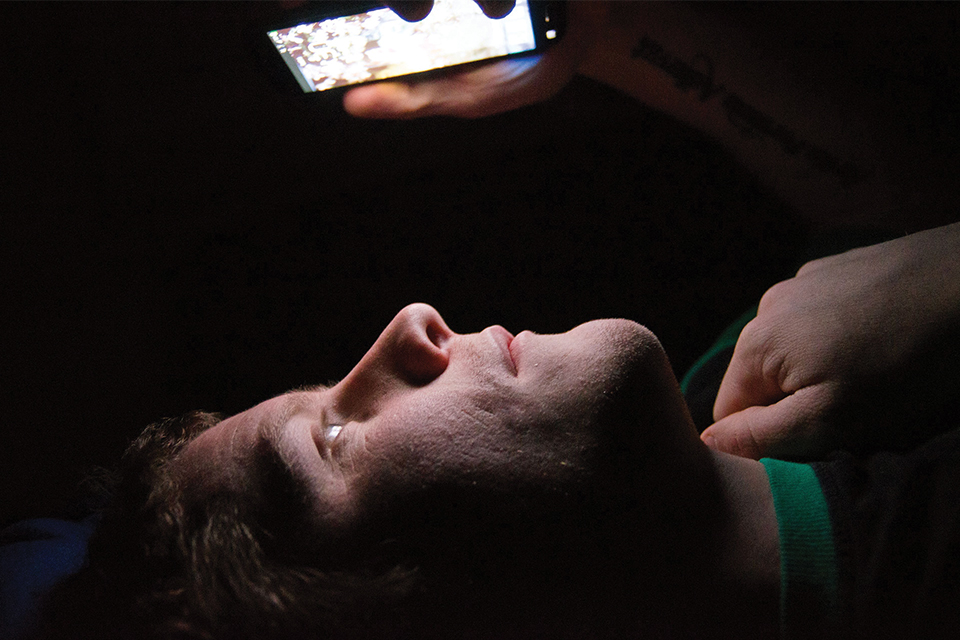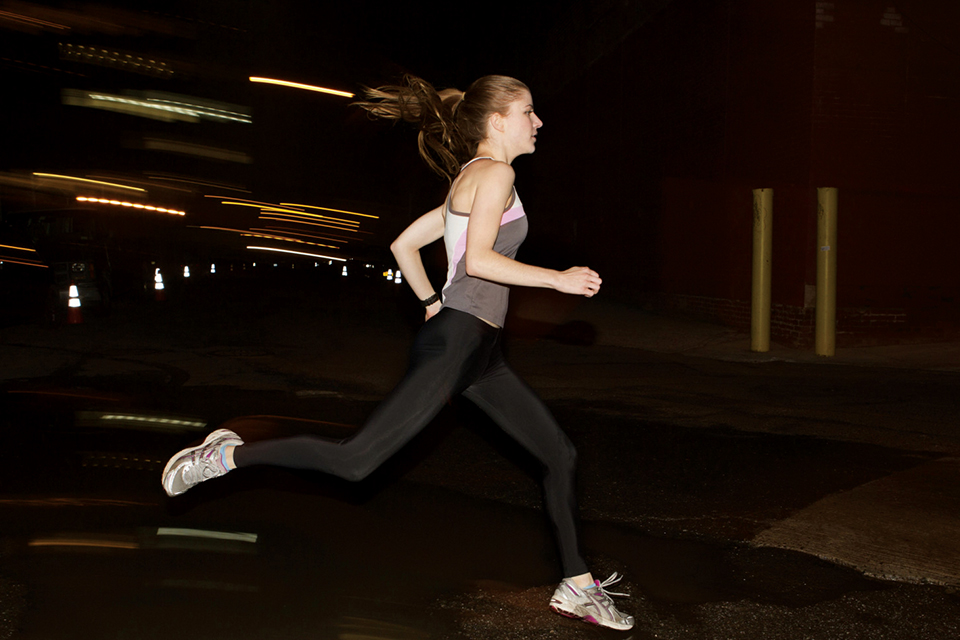Sleep Busters

Having trouble catching some Z’s at night? We like to keep active, but it’s important to be rested for each day. Here are a few tips from Dr. Dan Slaughter at Snoring Austin to ensure you’re getting the sleep your body deserves.
1. Technology
There’s a silent setting for a reason. According to Dr. Slaughter, the blue light given from cellphone screens and laptops hits your retinas with light and shakes their rhythm, preventing your brain from falling asleep smoothly. His best suggestion is to put away any ambient light an hour prior to sleep.
2. Black-Out Shades
Good or evil? In a perfect world, we could wait until the sun rose to wake us up, but not everyone has that option. Some are in their office before dawn, yet others get home at that time. If that’s the case, black-out shades can help block out natural light and give you a few more hours of shut-eye. If you’re an early bird, you probably don’t need them.
3. Hot or Cold?
Find yourself fighting with those in your household over the air temperature? Unfortunately, there is no right optimal temp your room should be when you sleep. Humans vary between being natural heaters and naturally cold. Or that moderate stick-one-leg-outside-of-the-covers temperature. There’s no such thing as too cold or too warm for sleep temperature. It’s just whatever makes you most relaxed (or whoever wins the AC battle).
4. Tick Tock
You’ve probably heard you need eight hours of sleep, but how possible is that in this busy city? Rest assured, you’re not doomed to be a zombie if you sleep fewer hours one night. There is a light sleep phase and a deep sleep phase. Your body just needs enough rest in the deep phase, and that could be anywhere between five and seven hours. Don’t stress about falling asleep at a certain time. Just make sure you’re comfortable enough to make those hours worth it.
5. Nap Time
Do you ever want to go back to your kindergarten self and explain how lucky you were to get nap time? If you are struggling to get anything done by the early afternoon, you’re probably not getting adequate rest at night. Quick 30-minute power naps are harmless and can even increase productivity, but don’t go taking an excessively long nap during the day. You’ll have trouble getting back on your sleep pattern. Plus you might wake up forgetting what year it is.

6. Nix the Night Run
Running out of time before bed but want to get that last calorie burn out in? Dr. Slaughter recommends that you skip it for that day. Yes, you might want to work off that morning donut, but exercising even two hours before sleep can affect your rhythmic pattern and keep you up later into the night, consequently affecting your metabolism. There’s no point in wasting the energy when you can sleep and save it for an early morning workout. When in doubt, sleep it out!
7. Switching Positions
Do you sleep on your side? Your back? Maybe on your stomach? The truth is, whichever way feels the most natural is just fine. Unless you have an obstructive respiratory problem, no pose is better than the other. If you do have issues with snoring, try sleeping on your side, let your head sink into a hard pillow, and make sure your chest isn’t tucked in.
8. Firm Beliefs
Does a soft mattress lead to better sleep? Everyone is different, hence the sleep number beds you can find that provide two different depths for people sharing a bed. If you find you’re suffering from what Dr. Slaughter calls “sleep maintenance insomnia,” test out a different bed or pillow, and see if anything changes. As for pillows, the amount you need depends on how long your neck is. Just make sure your cervical spine remains neutral when you lie down, and you don’t add any pressure to your upper body or thorax.
9. Nightcap
We’ve all done it. And even though we’re about to tell you not to, it’s O.K. if it happens on occasion. Try your best to stop eating food at least two hours before you go to sleep. Same goes for alcohol; anything you digest can mess with your reflux during sleep, and although that glass of wine may put you to sleep during the first half of your REM cycle, it will keep you up during the last half, and you’ll wake up feeling restless.
10. Sleep Supplements
Dr. Slaughter’s last piece of advice, and possibly the most important, is to avoid any type of stimulants at least two hours before hitting the hay. Food, drinks, nicotine, stress, and worry are all things that can interfere with a good night’s rest. If you still have trouble counting sheep, look for any natural sleep aid that contains melatonin.






